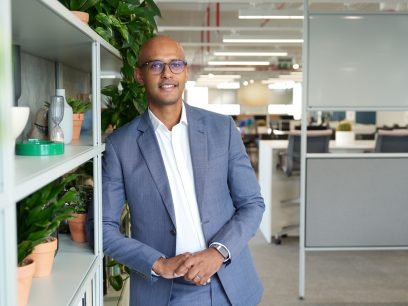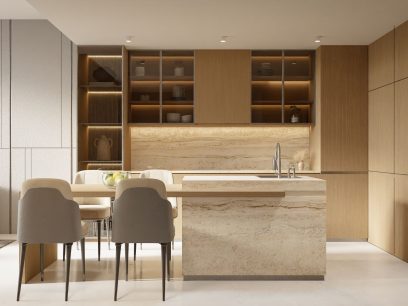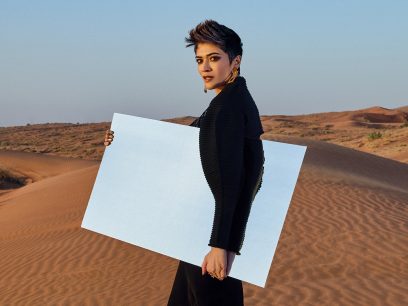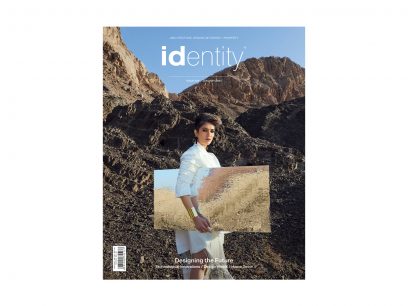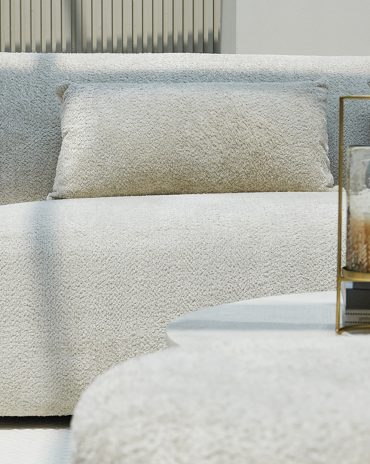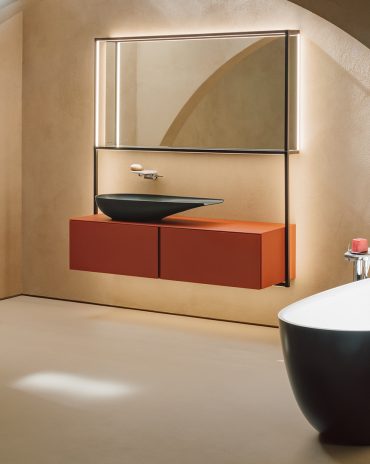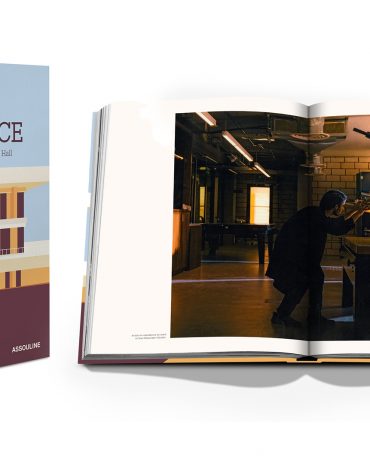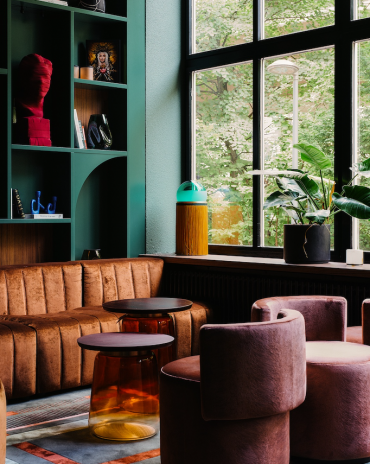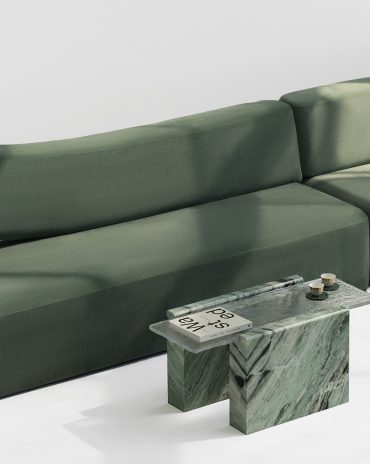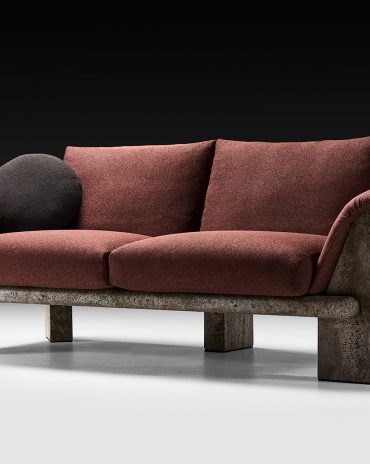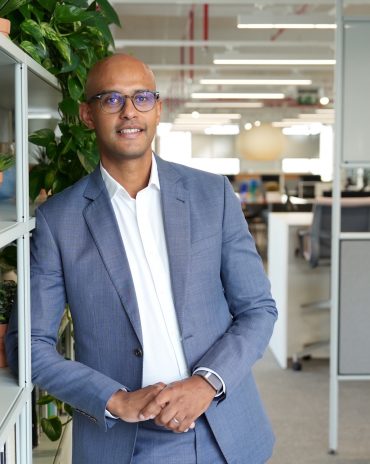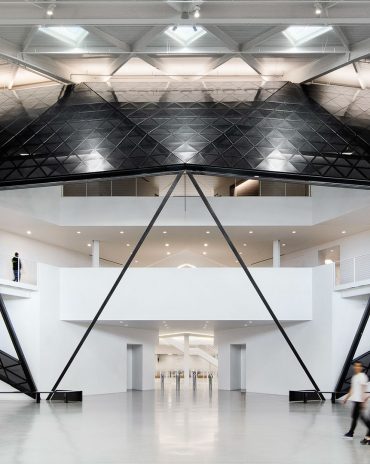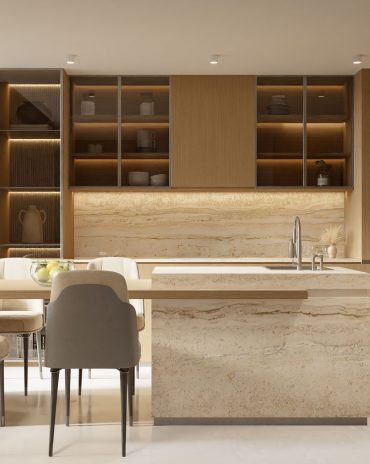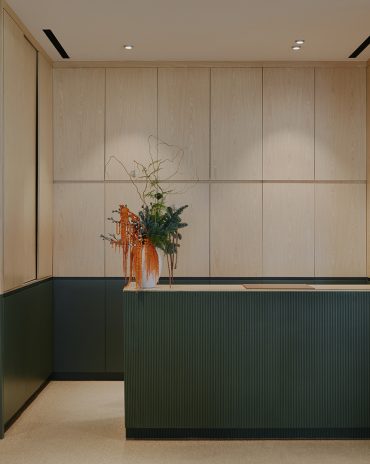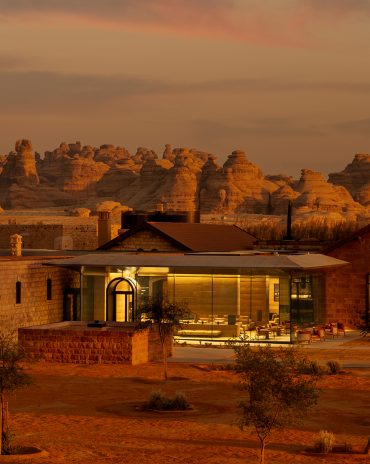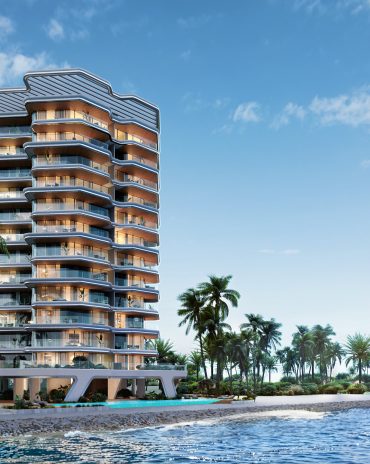Copyright © 2025 Motivate Media Group. All rights reserved.
Expo 2020: The Dutch biotope
The country's pavilion will unite water, energy and food.
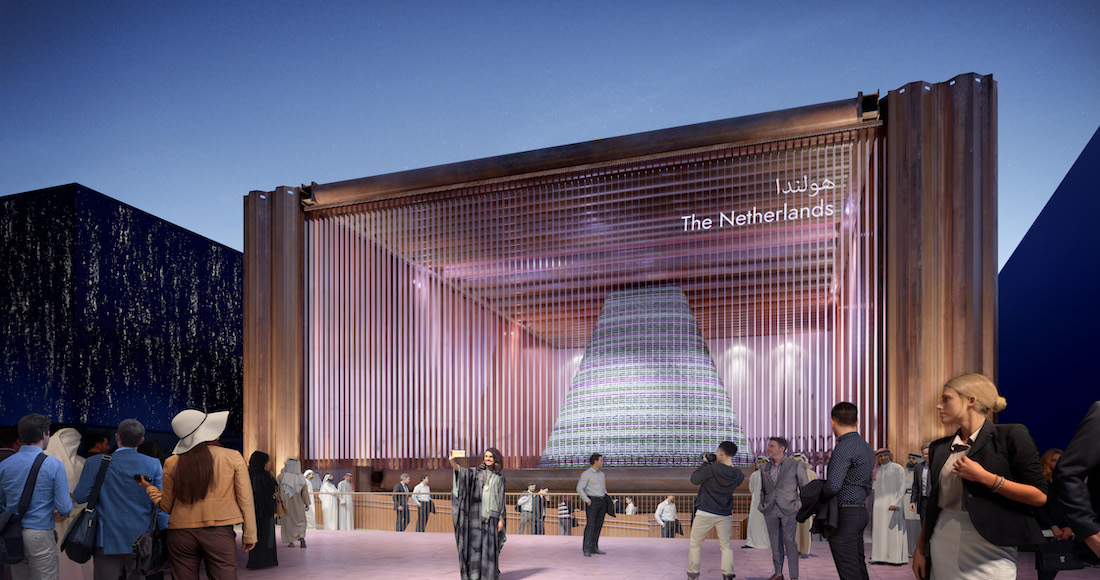
The Dutch have announced the the design for their pavilion at Expo 2020 Dubai pavilion and its theme, ‘uniting water, energy and food’. The structure will feature a unique circular climate system that showcases the Netherlands’ innovative strength.
The pavilion’s unique design gives visitors a powerful sense of the connection between water, energy and food. A circular climate system – a biotope, essentially – provides visitors (tourists and business people alike) with an intense sensory experience. We have designed a miniature world that you can enter, where water, energy and food are intrinsically linked, and the climate is controlled naturally. In a country with a desert climate, the Netherlands is creating a biotope in which everything is connected, enabling us to produce our own water, energy and food.
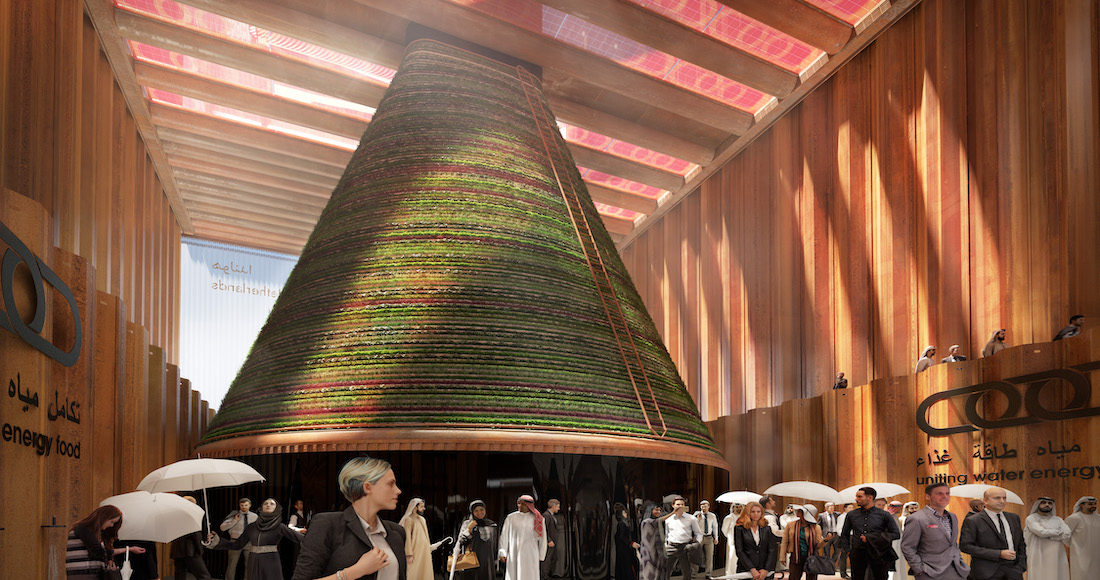
Inside the pavilion
©V8-Architects
‘We’re proud of this wonderful design, which shows what the Netherlands is all about,’ said Dutch foreign trade and development minister Sigrid Kaag. ‘Developing unique integrated solutions that create links, especially in the areas of water, energy and food, where we are world leaders’.
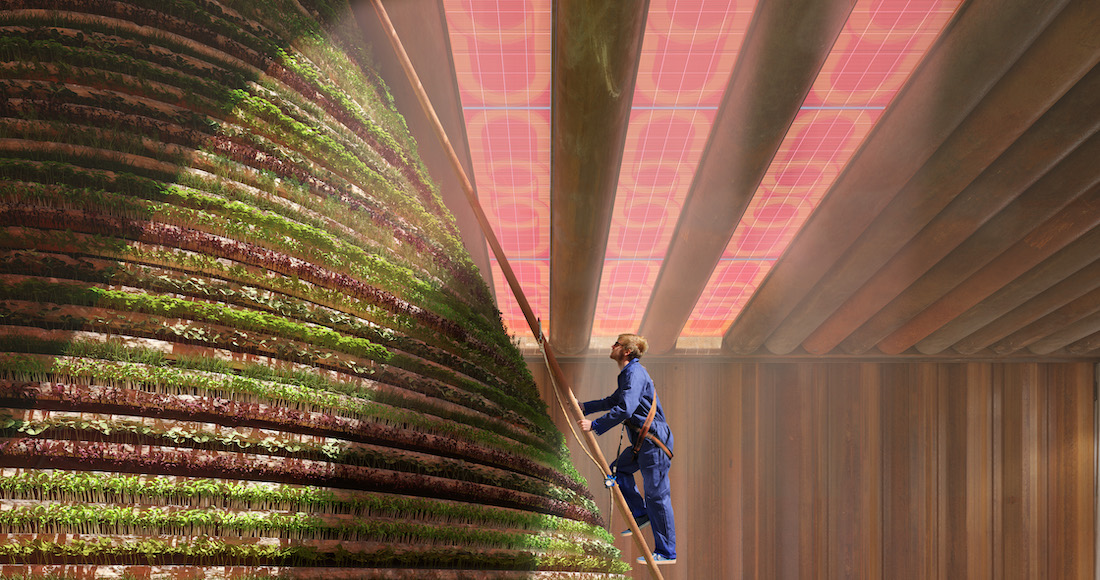
A close-up of the anticipated interior
©V8-Architects
The Middle East is very much affected by global issues such as water scarcity, food security and rising demand for energy. Gulf countries tend to consume more water and energy per capita than many other parts of the world, and the majority of the region’s food is imported. Expo 2020 Dubai offers an exciting opportunity to drive positive change.
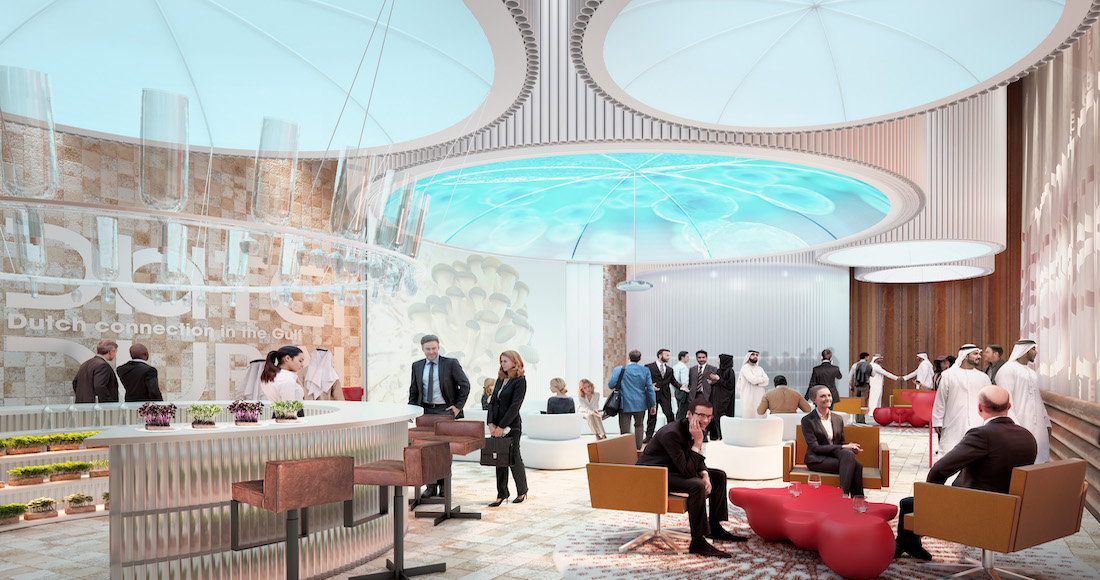
The pavilion lounge
©V8-Architects
This is where the Netherlands is keen to contribute. By showcasing home-grown solutions that link the issues of water, energy and food – and by working closely with Gulf countries to develop sustainable solutions appropriate to their local ecosystems – we can use our innovation, knowledge and expertise to help the region create a greener, more sustainable future.
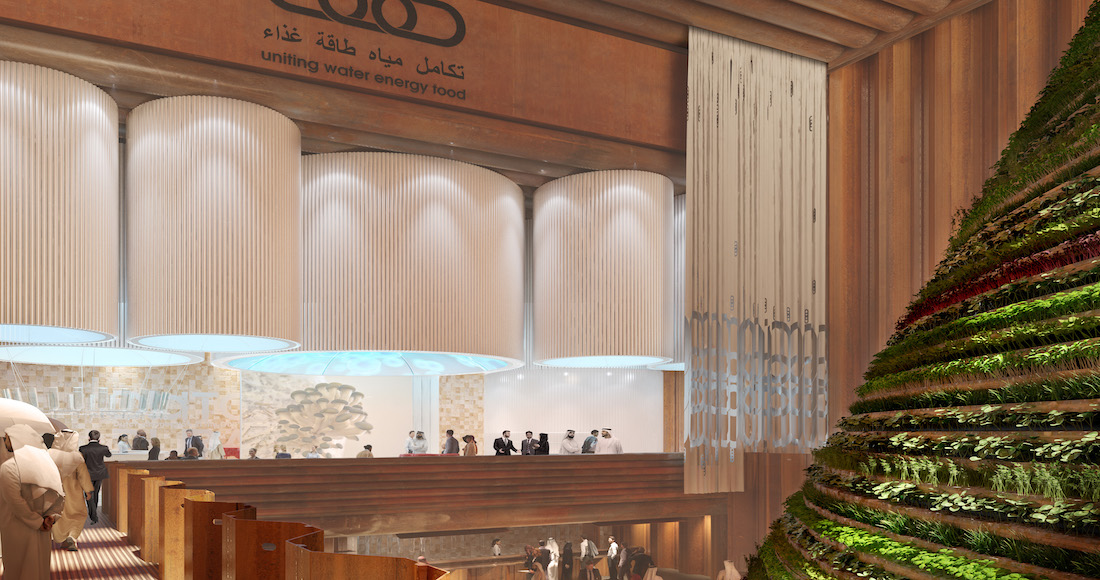
©V8 Architects
Yas Island, Burj Khalifa, Palm Jumeirah, Dubai Canal, the Museum of the Future, the Port of Fujairah and Dubai Airports are all ventures in which Dutch companies have been involved.
The Netherlands is also setting a sustainable example in terms of the building itself. It will be constructed entirely from locally available construction materials, so as to minimise transportation. The interior, too, will feature only rented materials, which will be returned or repurposed at a new destination when the pavilion is dismantled. In this way, its ecological footprint will be minimised.
The Latest
Textures That Transform
Aura Living’s AW24 collection showcases the elegance of contrast and harmony
Form Meets Function
Laufen prioritises design, functionality and sustainability in its latest collections
Preserving Culture, Inspiring Creativity
Discover the Legacy of a Saudi Art Space: Prince Faisal bin Fahd Arts Hall explores the Hall’s enduring influence on the cultural fabric of Saudi Arabia
Channelling the Dada Spirit
Free-spirited and creative, The Home Hotel in Zurich injects a sense of whimsy into a former paper factory
id Most Wanted- January 2025
Falaj Collection by Aljoud Lootah Design
Things to Covet in January
identity selects warm-toned furniture pieces and objets that align with Pantone’s colour of the year
Shaping the Future of Workspaces by MillerKnoll
Stacy Stewart, Regional Director Middle East & Africa of MillerKnoll discusses the future and evolution of design in workspaces with identity.
Shaping Urban Transformation
Gensler’s Design Forecast Report 2025 identifies the top global design trends that will impact the real estate and built environment this year
Unveiling Attainable Luxury
Kamdar Developments has launched 105 Residences, a new high-end development in Jumeirah Village Circle.
The Muse
Located in the heart of Jumeirah Garden City, formerly known as ‘New Satwa’, The Muse adds to the urban fabric of the area
Cultural Immersion Meets Refined Luxury
The Chedi Hegra opens its doors in AlUla’s UNESCO World Heritage Site
Redefining Coastal Luxury
Sunshine Bay on Al Marjan island combines seaside views, exceptional design, and world-class amenities to create a unique waterfront haven

